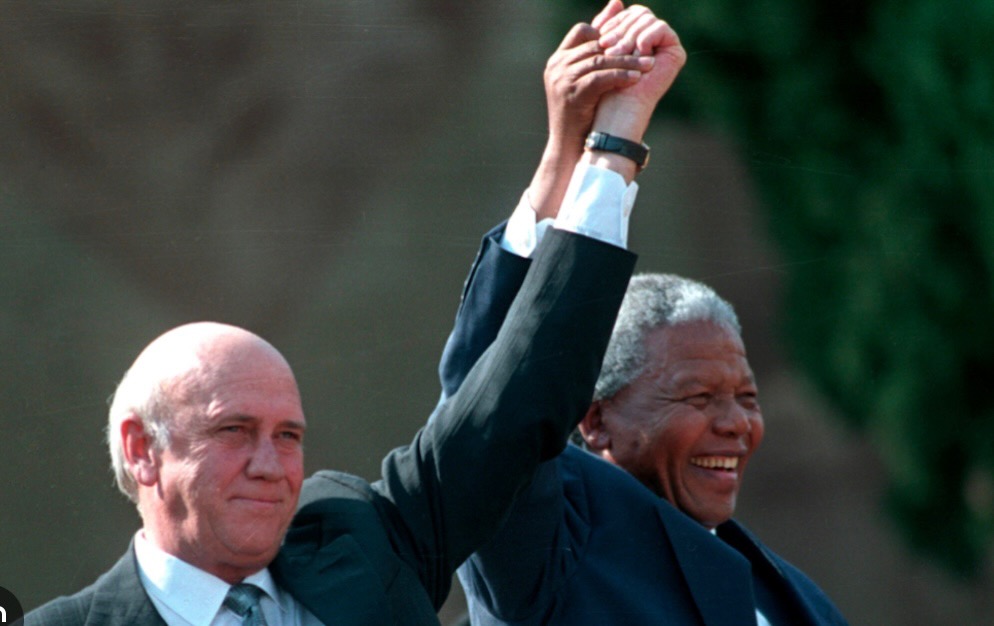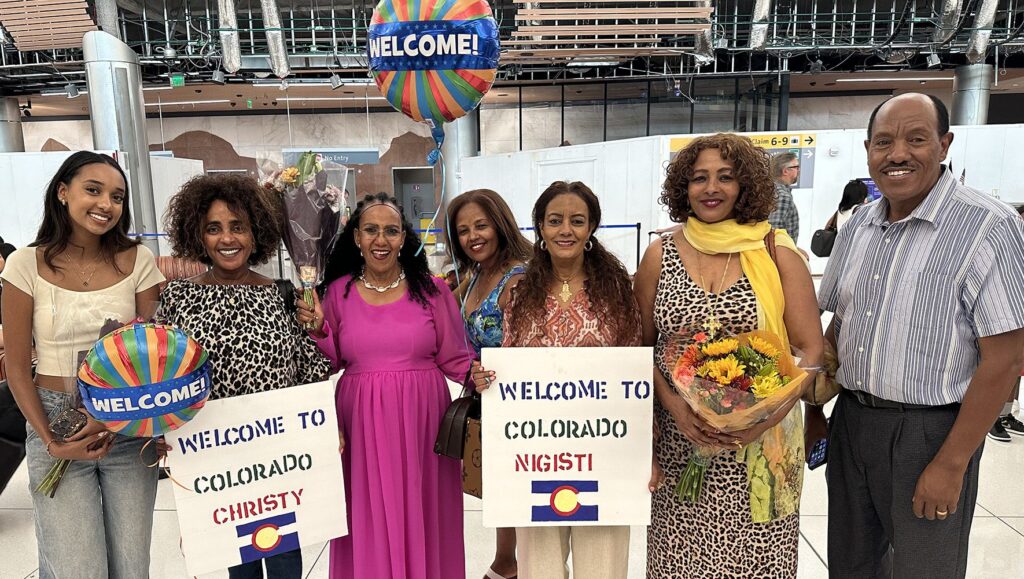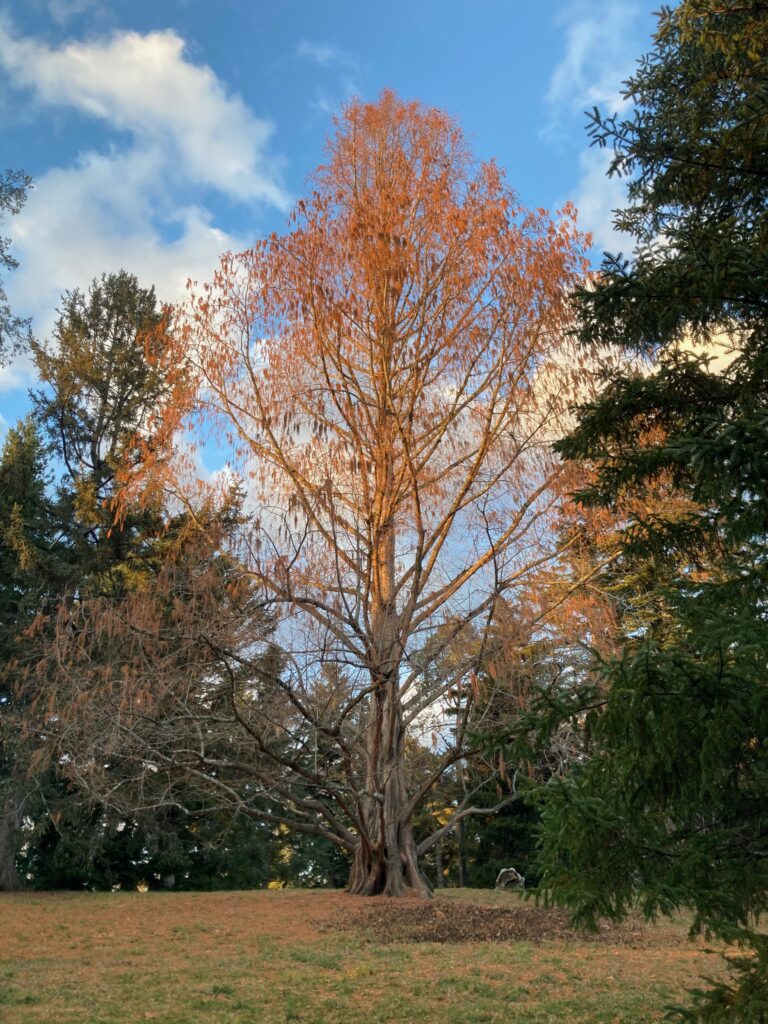Dear Friends,
Let’s pause to reflect and brace ourselves for whatever is coming. As someone who devoted years to the study of the Nazi occupation of the Netherlands and its devastating results, I have been and am in a state of alarm about the direction our country is going. However, rather than add to the discussion of what happened and how, or make trepidatious predictions about what is next, I would like to focus instead on what can sustain us in the months ahead. Most people who are reading this understand that we have to take the threats seriously and take action.
We can actually take it as a positive that we live in a time of enormous upheaval and constant change, even in aspects of life that were always somewhat predictable – at least for the more fortunate among us. This means that life can be just as capricious in a positive direction as the reverse. Unexpected alliances will emerge; “politics makes strange bedfellows,” and they are likelier to be stranger than ever before. We can’t allow ourselves to be so blinded by our outrage and distress that we miss those opportunities to understand more and see more of people who have seemed distant from us, but who are nevertheless our companions on the blue planet. Even those with whom we disagree profoundly on many issues may align with us on others. Think of white and black South Africans F. W. de Klerk and Nelson Mandela.

If we allow ourselves to be immobilized by the despair and tempestuous anger that many of us have been felt since the election, the forces of chaos will have won, and our democracy and human rights will be even more imperiled as they already are in so many countries.
Honoring interconnections
It’s clearer than ever that our fates are intertwined worldwide. Movie stars are displaced from their homes in upscale suburbs of Los Angeles. Hurricanes have ripped through pristine Vermont. Modhi is having Sikhs assassinated in Canada. The Arctic is fueling global warming as it melts. Irrevocable damage is being done in the Amazon and elsewhere, and the gasses from those flames are breathed in Antarctica, in Moscow, in South Africa. The wars in Israel/Palestine and in Ukraine endanger everyone around the globe.
Because the interconnections among us are so much clearer, it’s not surprising that people in power are fomenting defensiveness, fear and separation. The forces of profit and greed have a toxic impact in every part of our lives. Our work now is to reassert assert our humanistic values as local and world citizens. The same interconnections which can be so devastating also can magnify positive occurrences. At this time, the small, tangible actions we can take count more than ever.
Outreach beyond our comfortable circle
We can still behave with consideration and even love toward our neighbors, and we can construe that word more broadly than ever. Reaching out to the more vulnerable among us is more than a duty these days; it is a necessity. So many people are terrified and precarious in the face of the threats to their rights and very existence. Finding the connections to them and being of service is essential, whether that is as simple as treating someone living on the street with concern and respect, or donating to funds that help asylum seekers and ICE prisoners to survive until times are better. HIAS is one of many effective organizations doing this work. Here’s an example of the way they welcome people:

Source: HIAS
Bonding with and acting for Nature
Regardless of what we have made of the Earth, she still lavishes beauty on us every single day. For me, reading more nature writing, and the study of trees in particular, have helped me find balance in a time of personal ill health and political discouragement. The trees’ endless ingenuity and complexity, the beauty they offer in all seasons, and their many ways of saving the planet — all give me hope that we may yet align ourselves with these remarkable beings. I read somewhere that a twenty-minute walk in the woods has health benefits to humans for 30 days. At the least, I would like to benefit the trees even a tiny fraction as much as they benefit all of us, by caring for those in my own environment and finding ways to defend others. Being more aware of nature’s cycles and attuning myself to them also helps me see beyond our present circumstances – especially when I do so in the company of others. (Some of my favorite books from this study are The Songs of the Trees, The Treeline: The Last Forest and the Future of Life on Earth, Sacred Earth Celebrations, and Rooted: Life at the Crossroads of Science, Nature and Spirit.)
Love and friendship
To keep ourselves afloat, nurturing friendships and love is essential. We all need to be in touch with the people who matter most, not waiting for some distant tomorrow when we will “have time.” We must make time somehow, as much as we can. Most of what the Dutch resisters accomplished was thanks to their mutual support and belief in one another. Very few got anything done alone. When a dear friend calls to check in, it lightens every hour for many days, and it gives me strength to do what needs to be done.
Cultural treasures and activities
An enormous advantage of living in our time is that, in the developed world, we have unprecedented access to the cultural treasures of the ages. What a luxury it is to call up a glorious recording of a piece of music one loves, or to discover a new work. Many books are available on line even to people who don’t have access to a library, and many of us do. Thanks to the curse of the pandemic, we can wander through museums worldwide (like the Louvre), and discover archives with revelations about our individual pasts as well as humanity’s history. These treasures are available to us every day, and everyone on earth can always expand our knowledge and our minds. The resources to do so are readily at hand. I’ve started to revive my French thanks to two perky Parisians. Is this relevant to saving the world? Strangely, it may be, or it may simply keep me in condition to do what I can.
Fostering creative work of all kinds refreshes our human spirit, whether that means writing a bad poem (or even a good one), painting or drawing or making music ourselves, or encouraging others to do so, whether children or adults. It’s time to read and honor artistic work of all kinds. Financial support is essential for professionals to keep going. Buy from your independent bookstore, subscribe to podcasts and substacks, go to concerts and buy CDs (yes, so the artists actually get the money), and if you can afford art, buy it too.

Refugia
Small pockets of sanity and light do exist which are the exception to the rule of insanity in this time. In the natural world, these are called refugia, spaces where beings who have died out elsewhere can still survive. (This is how the metasequoia, the so-called living fossil tree which I hope to write about, kept on living in a small part of China. A photo is below.) Every day, we have opportunities to create these spaces, to take action in our immediate environment. We can still plant trees and pollinators; we can still teach children to read and care for the planet. We can sustain other activists and writers by caring about their work and appreciating it tangibly and visibly. We can save a local green space from development, and stop exploding fireworks over wetlands, much less bodies of water. There is so much work to be done. And, somehow, we have to find it in ourselves to do that work in a spirit of joy and creativity rather than fear and despair.
Even if that is harder than ever in the coming time, it’s also more important than ever to be of good heart and spread as much love and action as we can.
As Aeschylus tells us, “Especially in a time of darkness, that is the time to love, that an act of love might tip the balance.” Let’s keep on keeping on.
Best wishes for 2025,
Mary
P.S. Here’s a photo of the metasequoia in the Arnold Arboretum, the subject I plan to write more about as I continue to recover from long covid.

